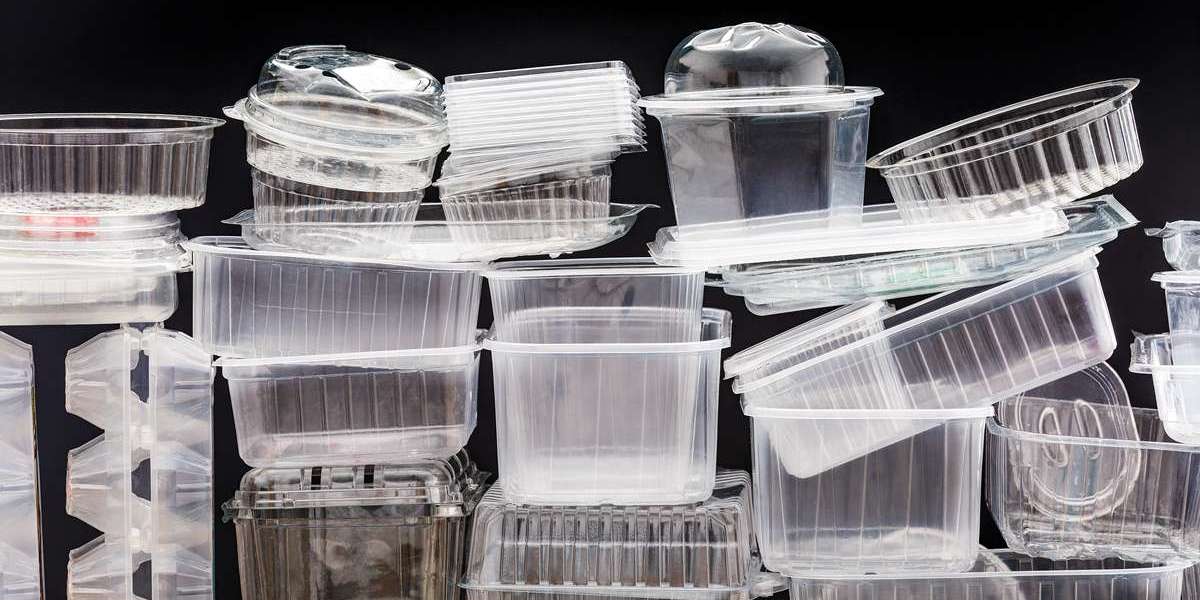Introduction
Living an eco-friendly lifestyle has become more important than ever. With the growing awareness of environmental issues, many people are looking for ways to reduce their ecological footprint. One simple yet effective step is to switch to reusable food containers. These containers not only help reduce waste but also offer several other benefits. In this article, we'll explore the best reusable food containers for eco-friendly living, their features, and how they can make a positive impact on the environment.
Types of Reusable Food Containers
Glass Containers
Glass containers are a popular choice for many eco-conscious individuals. They are durable, non-toxic, and do not absorb odors or stains.
Pros and Cons
Pros:
- Long-lasting and durable
- Non-toxic and BPA-free
- Microwave and dishwasher safe
Cons:
- Can be heavy and fragile
- Higher initial cost compared to plastic containers
Stainless Steel Containers
Stainless steel containers are another excellent option for eco-friendly living. They are lightweight, durable, and resistant to rust and corrosion.
Pros and Cons
Pros:
- Lightweight and durable
- Rust and corrosion-resistant
- Safe for both hot and cold foods
Cons:
- Not microwave safe
- Can be more expensive than plastic options
Silicone Containers
Silicone containers are flexible, lightweight, and often come with airtight lids to keep food fresh.
Pros and Cons
Pros:
- Lightweight and flexible
- Airtight lids to prevent leaks
- Microwave, dishwasher, and freezer safe
Cons:
- May retain odors if not cleaned properly
- Can be less durable than glass or stainless steel
Bamboo Containers
Bamboo containers are an eco-friendly alternative made from a renewable resource. They are biodegradable and often come with attractive designs.
Pros and Cons
Pros:
- Made from renewable resources
- Biodegradable and compostable
- Attractive and stylish designs
Cons:
- Not as durable as glass or stainless steel
- Limited availability and higher cost
Top Features to Look for in Reusable Food Containers
Durability
Durable containers ensure that you can use them for a long time without needing frequent replacements.
Leak-Proof Design
A leak-proof design is essential to prevent spills and keep your food fresh.
Ease of Cleaning
Containers that are easy to clean, preferably dishwasher safe, save you time and effort.
Portability
Lightweight and compact containers are ideal for carrying meals on the go.
Size Variety
Having containers in various sizes allows you to store different types of food efficiently.
Best Reusable Food Containers on the Market
Top Glass Containers
- Pyrex Simply Store Meal Prep Glass Food Storage Containers: These containers are versatile, durable, and come with secure lids.
- Anchor Hocking TrueSeal Glass Food Storage Containers: Known for their airtight lids and stackable design.
Top Stainless Steel Containers
- LunchBots Stainless Steel Food Containers: These are perfect for snacks and small meals, with a variety of sizes available.
- EcoLunchbox Three-in-One Stainless Steel Bento Box: Ideal for packing multiple items in one container.
Top Silicone Containers
- Stasher Reusable Silicone Food Bags: These bags are versatile, airtight, and perfect for storing liquids and solids.
- Food Huggers Reusable Silicone Food Savers: Great for keeping cut fruits and vegetables fresh.
Top Bamboo Containers
- Bambaw Bamboo Lunch Box: This stylish container comes with a stainless steel divider and is perfect for meals on the go.
- Ecozoi Leak Proof Bamboo Lunch Box: An eco-friendly option with a silicone seal to prevent leaks.
How to Maintain and Care for Your Reusable Food Containers
Cleaning Tips
- Use warm, soapy water to clean your containers.
- For stubborn stains, a mixture of baking soda and water can help.
- Ensure containers are completely dry before storing them.
Storage Tips
- Store containers with their lids off to prevent odors.
- Stackable containers can save space in your kitchen.
Handling Tips
- Avoid using abrasive sponges to prevent scratches.
- Handle glass containers with care to avoid breakage.
The Environmental Impact of Reusable Food Containers
Reduction of Plastic Waste
Switching to reusable containers significantly reduces the amount of plastic waste generated from single-use containers.
Energy and Resource Conservation
Manufacturing reusable containers consumes fewer resources and energy compared to the production of single-use plastic containers.
Long-Term Sustainability
Reusable containers promote a sustainable lifestyle by encouraging the reduction, reuse, and recycling of materials.
Cost-Effectiveness of Reusable Food Containers
Initial Investment vs. Long-Term Savings
While reusable containers may have a higher initial cost, they save money in the long run by eliminating the need for frequent replacements.
Comparing Costs with Single-Use Containers
Over time, the cost of purchasing single-use containers adds up, making reusable containers a more economical choice.
Health Benefits of Using Reusable Food Containers
Avoiding Harmful Chemicals
Reusable containers are often made from non-toxic materials, avoiding the harmful chemicals found in some plastic containers.
Keeping Food Fresher for Longer
Airtight lids and durable materials help keep food fresh for longer periods.
Safe for Microwave and Dishwasher Use
Many reusable containers are microwave and dishwasher safe, adding convenience to their list of benefits.
Common Misconceptions About Reusable Food Containers
Myth: They Are Too Expensive
While the initial cost may be higher, the long-term savings make reusable containers a cost-effective option.
Myth: They Are Difficult to Clean
Most reusable containers are dishwasher safe, making them easy to clean.
Myth: They Don't Keep Food Fresh
High-quality reusable containers often come with airtight lids that keep food fresh for extended periods.
User Reviews and Testimonials
Real-Life Experiences
Many users have shared their positive experiences with reusable food containers, highlighting their durability and convenience.
Expert Opinions
Experts in sustainability and environmental health advocate for the use of reusable containers to reduce waste and promote eco-friendly living.
DIY Reusable Food Container Ideas
Upcycling Household Items
Old glass jars and containers can be repurposed as food storage solutions, reducing waste and saving money.
Creative Solutions for Sustainable Living
Using beeswax wraps or cloth bags are innovative ways to store food sustainably.
Tips for Making the Switch to Reusable Food Containers
Gradual Transition Tips
Start by replacing one type of single-use container with a reusable option and gradually make the switch.
Encouraging Family Members
Educate your family about the benefits of reusable containers to encourage their use.
Overcoming Resistance to Change
Highlight the long-term savings and environmental benefits to overcome any resistance to making the switch.
Where to Buy Reusable Food Containers
Online Retailers
Websites like Amazon, Eco-Friendly Store, and Reusable Solutions offer a wide variety of options.
Local Stores
Check local kitchenware and eco-friendly stores for reusable container options.
Specialty Eco-Friendly Shops
Shops dedicated to sustainable living often have a curated selection of high-quality reusable containers.
Conclusion
Switching to reusable food containers is a simple yet impactful step towards eco-friendly living. By choosing durable, non-toxic, and versatile containers, you can reduce waste, save money, and contribute to a healthier planet. Make the switch today and enjoy the numerous benefits that come with using reusable food containers.
FAQs
How do I clean my reusable food containers?
Clean them with warm, soapy water or in the dishwasher. For stubborn stains, use a mixture of baking soda and water.
Are reusable food containers microwave safe?
Many glass and silicone containers are microwave safe. Always check the manufacturer's instructions.
What is the best material for reusable food containers?
The best material depends on your needs. Glass is durable and non-toxic, stainless steel is lightweight and rust-resistant, and silicone is flexible and airtight.
How long do reusable food containers last?
With proper care, reusable food containers can last for several years, making them a cost-effective option.
Can I use reusable food containers in the freezer?
Yes, many reusable containers are freezer safe. Glass, silicone, and some stainless steel containers can be used to store food in the freezer.







